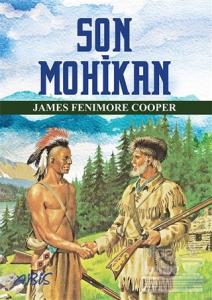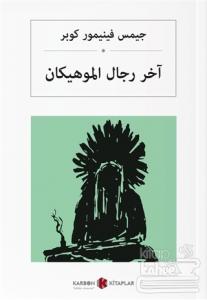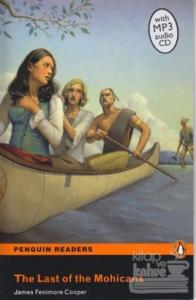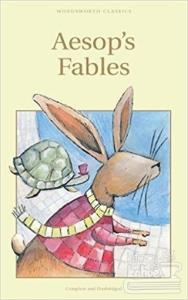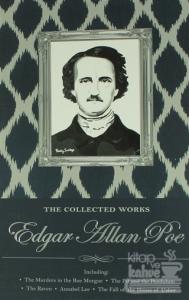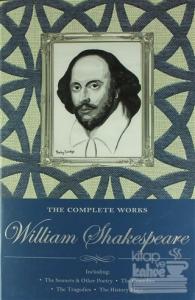
It is 1757. Across north-eastern America the armies of Britain and France struggle for ascendancy. Their conflict, however, overlays older struggle between nations of native Americans for possesion of the same lands and between the native peoples and white colonisers. Through these layers of conflict Cooper threads a thrilling narrative, in which Cora and Alice Munro, daughters of a British commander on the front line of the colonial war, attempt to join their father. Thwarted by Magua, the sinister "Indianrunner", they find help in the persons of Hawk-eye, the white woodsman, and his companions, the Mohican Chingachgook and Uncas, his son, the last of this tribe.
Cooper's novel is full of vivid incident – pursuits through wild terrain, skirmishes, treachery and brutality – but reflects also on the interaction between the colonisers and the native peoples. Hawk-eye's moral code is dictated neither by write nor by native notions of honour and self-interest, and through him Cooper raises lasting questions about the practises of the American frontier and the aclipse of the indigenous cultures.
It is 1757. Across north-eastern America the armies of Britain and France struggle for ascendancy. Their conflict, however, overlays older struggle between nations of native Americans for possesion of the same lands and between the native peoples and white colonisers. Through these layers of conflict Cooper threads a thrilling narrative, in which Cora and Alice Munro, daughters of a British commander on the front line of the colonial war, attempt to join their father. Thwarted by Magua, the sinister "Indianrunner", they find help in the persons of Hawk-eye, the white woodsman, and his companions, the Mohican Chingachgook and Uncas, his son, the last of this tribe.
Cooper's novel is full of vivid incident – pursuits through wild terrain, skirmishes, treachery and brutality – but reflects also on the interaction between the colonisers and the native peoples. Hawk-eye's moral code is dictated neither by write nor by native notions of honour and self-interest, and through him Cooper raises lasting questions about the practises of the American frontier and the aclipse of the indigenous cultures.


